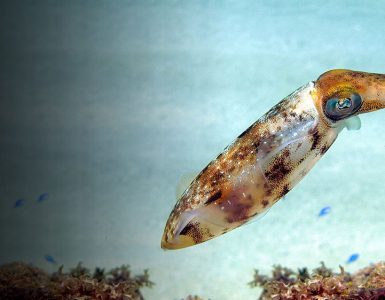Fossils recovered from all over the world reflects upon the historical stories and existence. The Chengjiang Lagerstatte in Yunnan Province, China, was discovered as a unique fossil site commonly known as Chengjiang fauna. The paleontologist recovered well-preserved fossils of various species, especially soft bodies animals, which usually do not fossilize. The fossils were dated back to 520 million years from the Cambrian period, an era of hypothetical Cambrian explosion, a phenomenon that diversified the species.
In a recent study, Dr. Degan Shu and Dr. Jian Han from Xian University published an article in Earth Science Frontier emphasizing the importance of the Chengjiang fauna fossils. The team classified the findings into three decades; the first decade consisted of basal animals and Protostomia such as jellyfish, sponges, and molluscus, the second decade included a specific group of deuterostomes such as humans and others and the third decade presented a different variety. This discovery led to the formulation of the phylogenetic tree of early animal evolution and diversification.
The corresponding author reported, “continuous excavation from sites such as the Chengjiang fauna would enable the researchers to complete the evolutionary tree and resolve the misinformation about the theory of evolution. Thus, in essence, the majority of species could be traced out till the Cambrian period.”
The scientists were astonished, “ the recovered fossil from the Chengjiang fauna contained a well preserved nervous system, which helped the scientist study the behavior and brain complex functions.” This established an evident guideline for the scientist to distinguish the seminal fossils (basic human organs) from Precambrian species, which do not have organs.
Chengjiang fauna holds immense significance, scientifically, and philosophically as it provides the new generation with an evolutionary animal framework.
















Add comment